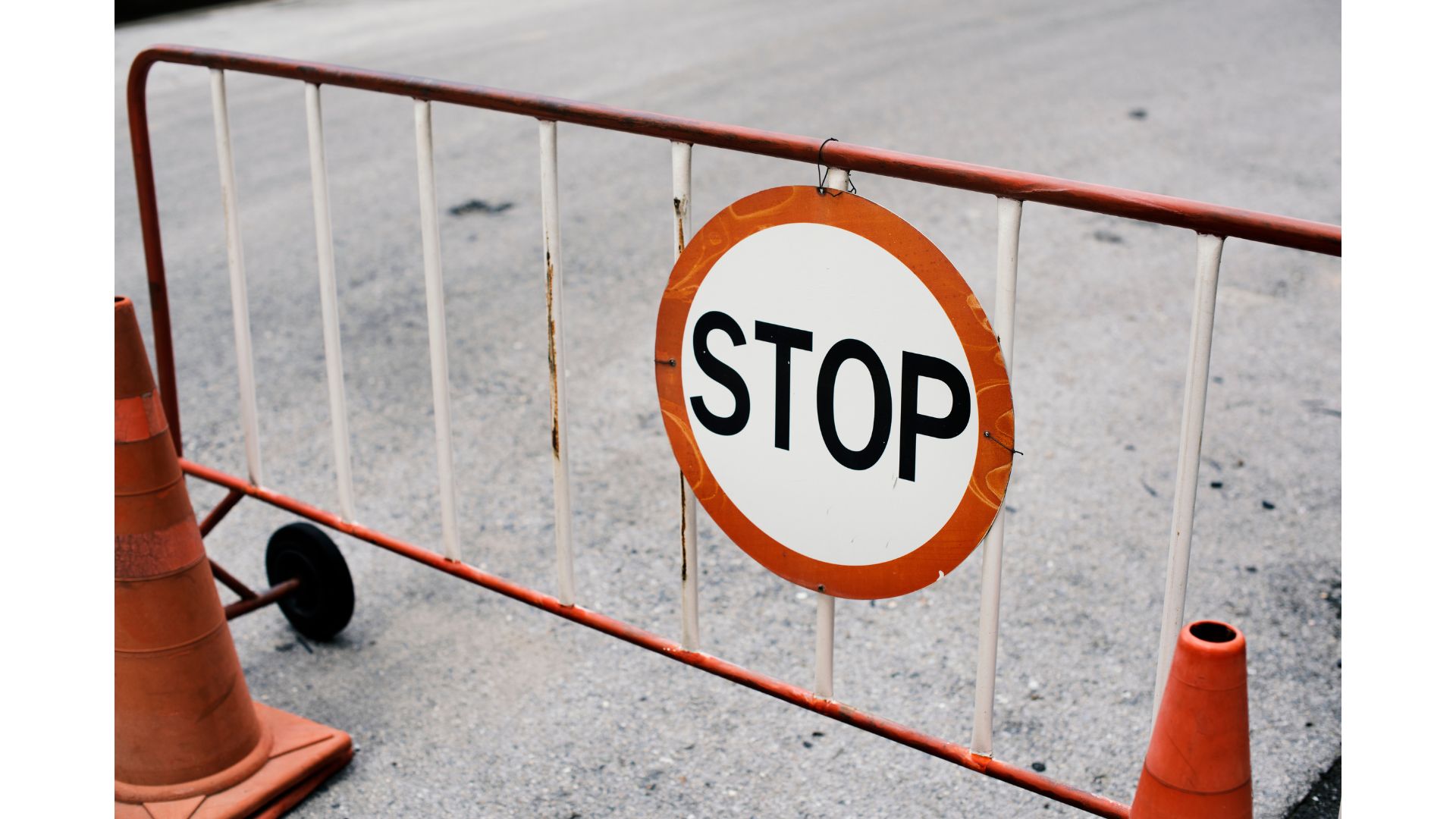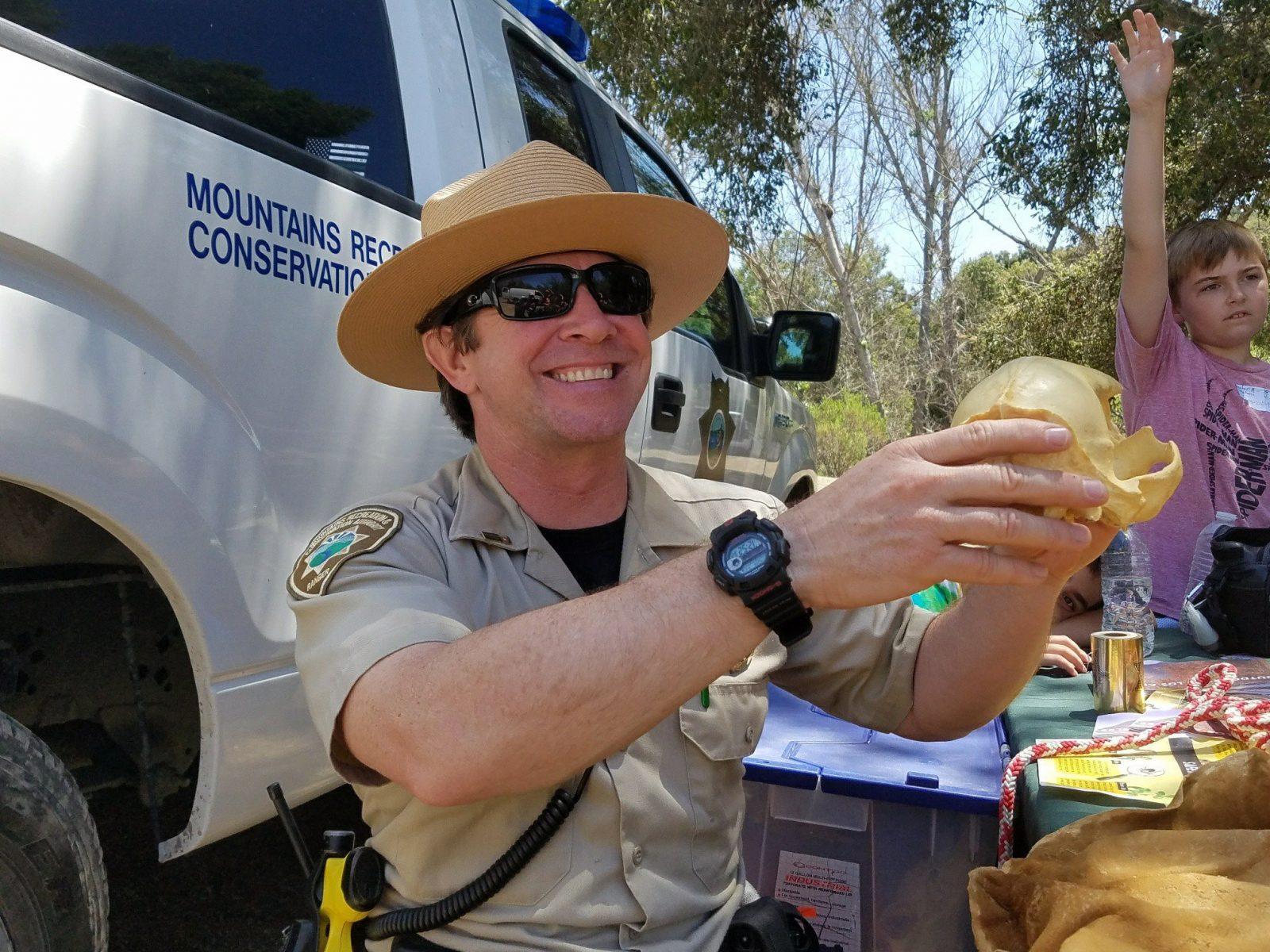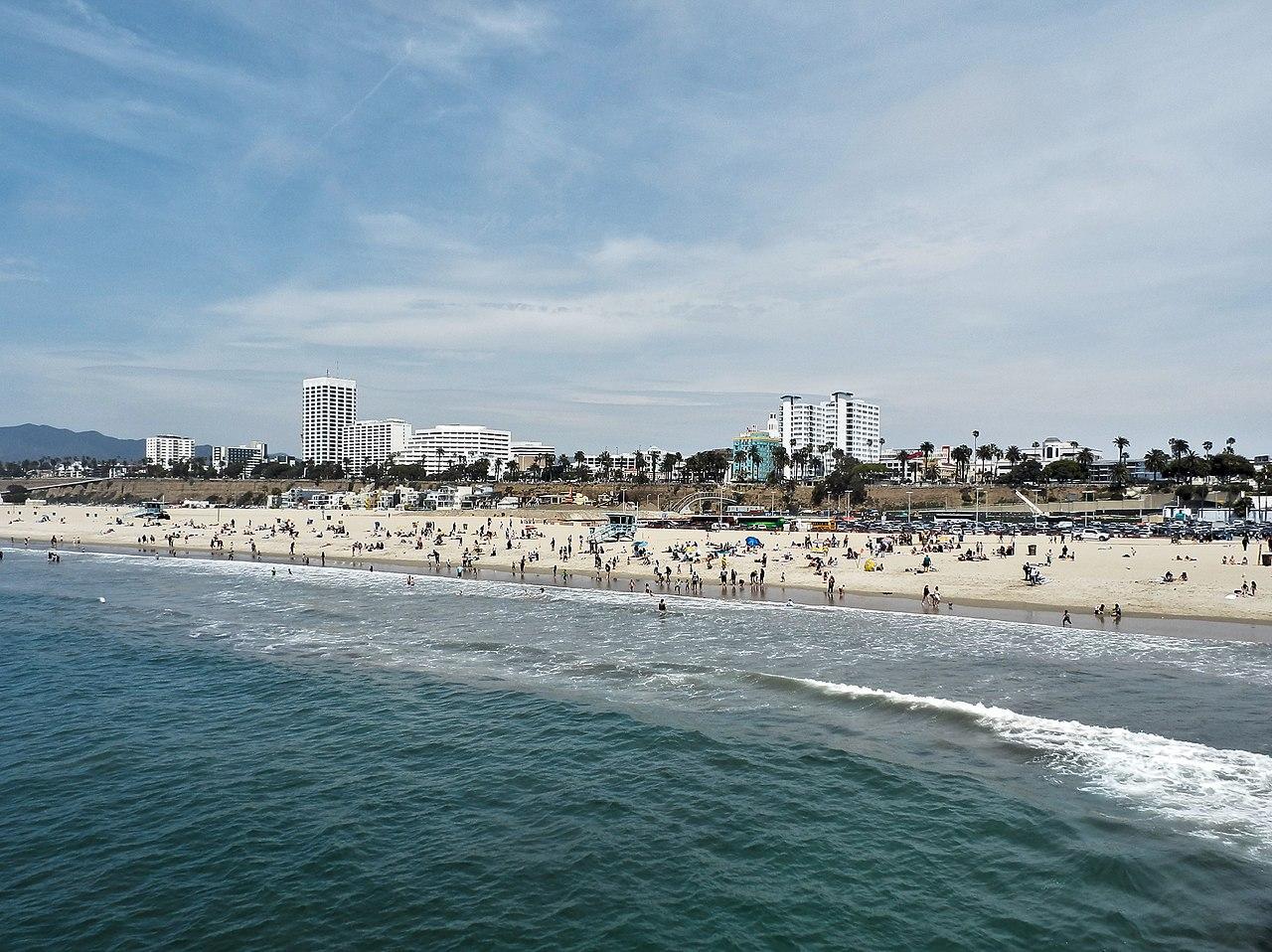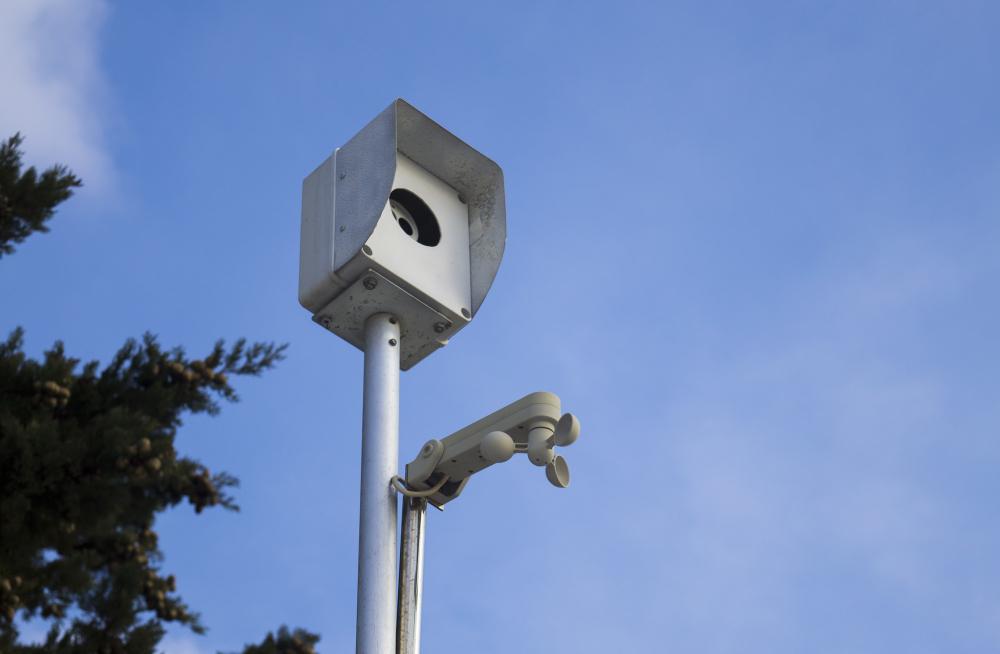A state park agency in California has been secretly recording drivers at stop signs and issuing fines to those who fail to come to a complete stop.
California’s Mountains Recreation and Conservation Authority issues thousands of rolling stop tickets every year without the help of any police organization, collectively costing drivers millions of dollars. Here’s how.
The State of California’s Rolling Stop

When approaching a stop sign, it can often be tempting to slow down, have a quick look, and continue if clear without coming to a full stop. In the Golden State, this is referred to as a “California Roll.”
However, according to the laws in every U.S. state, this is illegal and can result in a fine if the driver is caught by traffic officials or the police.
Getting Fined by the Park Services for a Traffic Violation

Those caught violating stop sign laws are often issued a fine of around $200 and sometimes more. If the fine is issued by an agency with considerable authority, it can also lead to citations on your driving record.
However, one Californian agency with little to no authority has secretly recorded drivers and issued thousands of rolling stop tickets in recent years, costing drivers millions of dollars.
Park Agency Issues Over 17,000 Rolling Stop Tickets

According to KTLA, California’s Mountains Recreation and Conservation Authority issues over 17,000 tickets each year to drivers who fail to come to a full stop at stop signs.
Estimations suggest that the park agency is able to bring in over $1 million annually as a result of the rolling stop fines.
What Is the Mountains Recreation and Conservation Authority?

While you may be surprised to hear of the enormous amount of money collected by the government agency each year, you may also be curious about the Mountains Recreation and Conservation Authority.
According to its website, the agency is “a local public agency dedicated to the acquisition, preservation, and protection of open space, wildlife habitat, and urban, mountain, and river parkland that is easily accessible to the public.”
Does the Agency Have the Authority to Issue Tickets?

A puzzling question is why a park agency that governs over 75,000 acres of land in the state’s southern portion issues thousands of tickets each year. Well, it appears the answer is simple.
As reported by KTLA, the park agency records drivers using cameras. When they violate the stop sign laws, the MRCA issues a fine of around $100. This money is then used to fund the agency.
Santa Monica Resident Receives Fine

One afternoon last July, Santa Monica resident Andrew Rice’s teenager did a “California Roll” at a stop sign just outside Temescal Canyon, not far from Pacific Palisades.
Speaking on the fine, Rice said, “They’re engaged in a deceptive practice of pretending to enforce the motor vehicle code when they don’t have the authority to do that, and they’re tricking people into paying these tickets.”
Is the Park Authorized to Issue the Tickets?

When it comes to the tickets themselves, technically, the MRCA has no authority to issue them, and they aren’t recognized as citations.
However, what the park is doing isn’t illegal either. While the ticket isn’t the same as those handed out by Highway Patrol officers or the regular police in that it doesn’t affect your insurance rates or driving record, not paying the fine can result in a visit from debt collectors.
Watchdog President Shares Thoughts on Tickets

Jamie Court, who currently sits as the president of the Los Angeles advocacy group Consumer Watchdog, claims that while the tickets have no legal consequence, they could hurt the credit score of drivers.
“It could go on your credit score and hurt your chances of getting a mortgage or a loan, and no one wants to deal with that. So people just pay it rather than fight it,” said Court.
A Way to Make Money

According to the Court, the issuing of tickets by MRCA is not a program that is meant for public safety.” Instead, “This is a program that is meant to make income for the park system.”
So, there is no chance of legal consequences for those who decide to avoid paying the rolling stop ticket. However, the MRCA may eventually send a debt collector to your home.
MRCA Spokesperson Reveals the Park Has Four Cameras

When asked to comment on the situation, an MRCA spokesperson said no one would be taking an interview with the media. However, she did suggest that all of the cameras were put in place for the safety of the public.
According to the spokesperson, the MRCA currently has four cameras: in Temescal, at the top of Topanga Overlook, at Franklin Canyon, and at Marvin Braude Mulholland Gateway Park.
Shameful Practice

“It’s a terrible abuse,” says Court. “And the fact that it’s gone on for a decade or more without anyone doing anything is really shameful.”
Rice, who admits he will pay the fine to ensure the problem goes away, explains that the entire situation has left a sour taste in his mouth. “I’m the kind of person who might have donated money to them, and I never would now.”








































